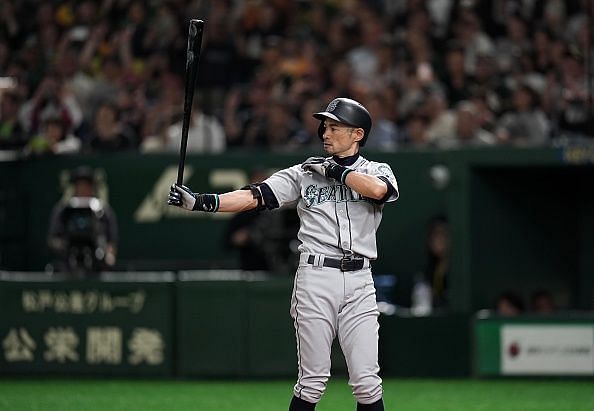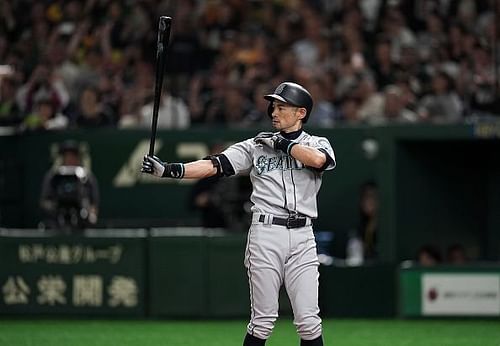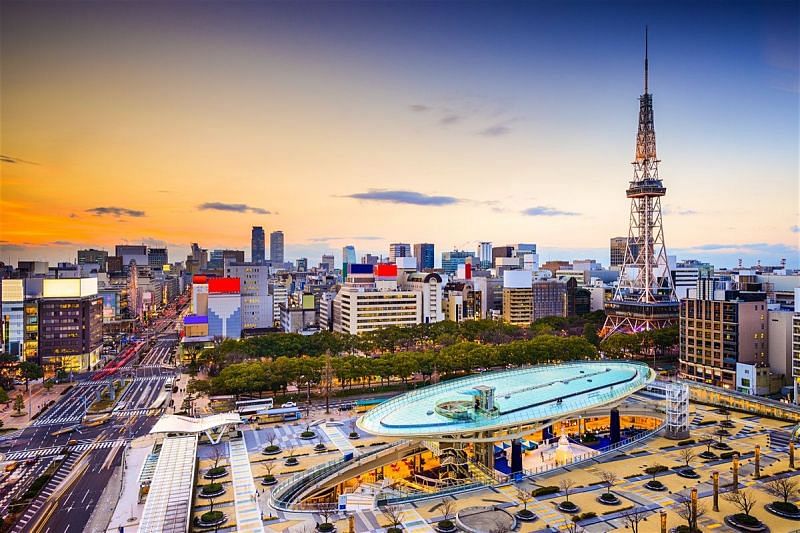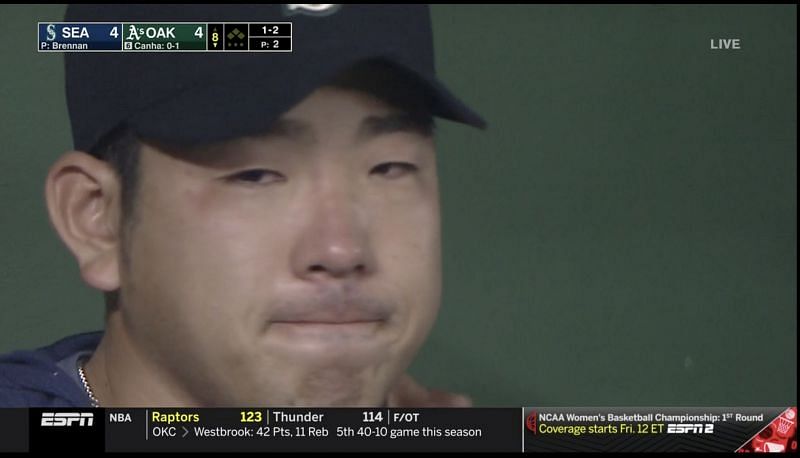
MLB 2018/19: Take A Bow, Suzuki Ichiro

Shūchū. 28 seasons as a professional baseball player: nine in Japan and another 19 in America. Not to mention the all-time leader in hits with 4,367.
Add another 2,000-plus runs, a career batting average in Major League Baseball alone of .311, and over 700 stolen bases to top it off.
As he walks off the diamond for what will be the final time in his MLB career today at the Tokyo Dome, what more needs to really be said about him? For the final time, take a bow, Suzuki Ichiro.
It is hard to believe that from the town of Toyoyama, located just outside the city of Nagoya, Japan’s fourth largest city, came the greatest contact hitter of the modern era in Ichiro.
Ichiro, with the assistance of his father Nobuyuki, worked tirelessly every day nearly his entire childhood to make his dream come true: that of becoming a professional baseball player.
The pair created a daily routine that consisted of throwing 50 pitches, fielding both 50 infield and outfield balls, and hitting 500 balls (250 throws from his father Nobuyuki, and 250 from a pitching machine).
As Ichiro grew older, this training regimen became even more intense. No matter how harsh the training got, it was all about Ichiro reaching his dream.

Shūchū; that is the word Ichiro wrote on his glove when he was 12 years old. Shūchū is the kanji for the Japanese word that means concentration.
Concentration for Ichiro to stay patient at the plate and attack fastballs. Concentration for Ichiro to go through his daily hellish training sessions with his father.
“For me, it was a lot like Kyojin no Hoshi (Star of the Giants: A popular Japanese manga that ran from 1966-1971 in Weekly Shonen Magazine). It bordered on hazing and I suffered a lot.”
Through all the sweat, tears, and sacrifice, Suzuki Ichiro became one of the greatest players in baseball history across two different continents.
In high school, Suzuki played for the elite Aikodai Meiden High School, located in Nagoya. During his high school career, Ichiro accumulated a .505 batting average with 19 home runs.
Every day, he would train by hurling car tires and hitting whiffle balls with heavy shovels, adding power and endurance so as to develop both his wrists and hips. Being 5’9” and 124 pounds with an extremely unorthodox swing would normally halt anyone with dreams about playing baseball professionally, but for Ichiro, it just fueled his fire and propelled him to even greater heights.
After being selected in the fourth and final round of the 1991 Nippon Professional Baseball Draft by the Orix BlueWave of the Pacific League, Ichiro spent the majority of his first two seasons playing for the BlueWaves farm team.
This was because his manager, Shōzō Doi, refused to accept Ichiro’s “pendulum” swing. Ichiro’s swing was nicknamed pendulum because his leg, which shifts his weight forward when he swings his bat in an almost pendulum-like motion, goes against conventional baseball hitting theory.
It was not until the 1994 NPB season, when the BlueWave hired Akira Õgi as their new manager, that Ichiro finally became a regular on the BlueWaves as the everyday second hitter, and eventually leadoff hitter in their lineup.
Ichiro ended up setting a then NPB record with 210 hits in a single season, becoming the first NPB hitter to ever have over 200 hits in a season. Ichiro ended up finishing the 1994 season with a .385 batting average to accompany 13 home runs, 29 stolen bases, the first of three straight Pacific League MVPs, and the first of seven consecutive batting titles as well.
The following year in 1995, Ichiro led the BlueWave to their first league pennant in 12 years. The very next season, Ichiro then led the BlueWave to the Japan Series title against the Yomiuri Giants.
Ichiro had already propelled himself to be the best player in Japan after just three seasons. Eventually, though, he desired more. Ichiro wanted to conquer the best baseball league on the planet, Major League Baseball.
So, in November of 2000, with the BlueWave no longer being an elite team in the NPB, Ichiro signed a three-year, $14,000,000 contract with the Seattle Mariners.
Once again, just like when he began his career in the NPB, people doubted that someone of Ichiro’s size was durable enough to last the grueling 162-game MLB season.
Shūchū; block out the outside noise and doubts. That is exactly what Ichiro did. In the 2001 MLB season, Suzuki Ichiro led the majors in hits (242), batting average (.350), at-bats (692), plate appearances (738), and stolen bases (56).
Ichiro also won both the MVP and AL Rookie of the Year awards as well and made the first of what would be 10 consecutive all-star appearances. Oh, and he won a Gold Glove too. Not a bad way to start your Major League career.
Now, 18 years later, we are at the end of the road. 19 seasons in the MLB, including 13 ½ of the them for the Mariners as well as a few for the New York Yankees and Miami Marlins, as Ichiro steps off the field at the Tokyo Dome today for the final time of his professional career, all that’s left is to enjoy his retirement and wait for a call from Cooperstown five years from now.
What more could you ask for in a professional career? Outside of winning a World Series, Ichiro has accomplished everything that he set out to during his baseball career, and it all goes back to the word that he wrote in his glove when he was 12 years old; Shchū.
After 28 years of focus, concentration, and constant professionalism, it’s finally time to take a bow, Suzuki Ichiro.
